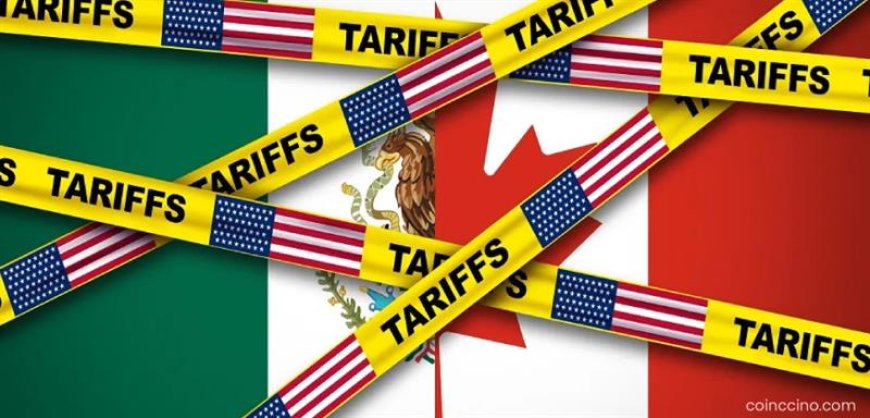U.S. Senate Moves to Block Trump’s Tariffs on Canada in Partisan Split Decision
The U.S. Senate narrowly passed a resolution to block President Trump’s tariffs on Canadian imports. Four Republican senators joined Democrats in voting to terminate the national emergency used to justify the tariffs.

Market Context
Tariffs on Canada triggered controversy as they were imposed under a declared national emergency (citing issues such as fentanyl trafficking). The Senate action reflects tensions between trade policy, congressional oversight, and the economic impact of protectionist measures. It comes amid broader instability in global supply chains, trade-policy uncertainty, and investor concern about escalating protectionism.
Technical Details with Attribution
- The Senate vote succeeded by a margin of 51-48, ending Trump’s emergency declaration tied to the Canada tariffs.
- Four Republicans—Susan Collins (ME), Lisa Murkowski (AK), Mitch McConnell (KY), and Rand Paul (KY)—joined the Democratic caucus on the measure.
- The resolution aims to rescind the presidential authority invoked under the emergency powers that enabled tariff imposition.
- However, because the House is controlled by Republicans, the bill’s future remains unclear and may face procedural delays or be blocked.
Analyst Perspectives
Some observers interpret the Senate vote as a meaningful check on executive power, hinting at bipartisan concern over tariff-based trade measures. Others caution that without support in the House, the measure may not translate into immediate policy change.
Additionally, analysts warn that even if enacted, the decision may introduce uncertainty for businesses reliant on cross-border supply chains, especially in regions proximate to Canada.
Global Impact Note
While this is U.S. domestic policy, the decision has ripple effects for trade partners such as Canada and for investor confidence broadly. Signals of legislative checks on presidential trade measures may influence how other countries view U.S. trade commitments — including in sectors with exposure to tariff risk.